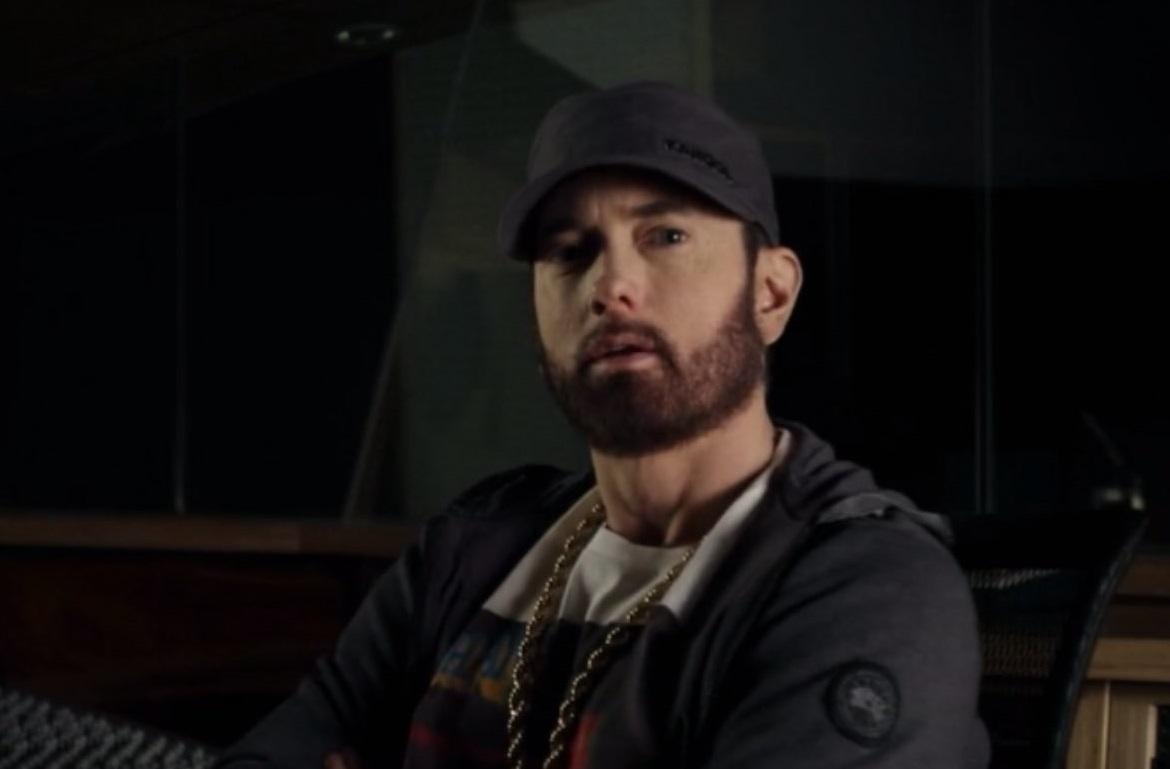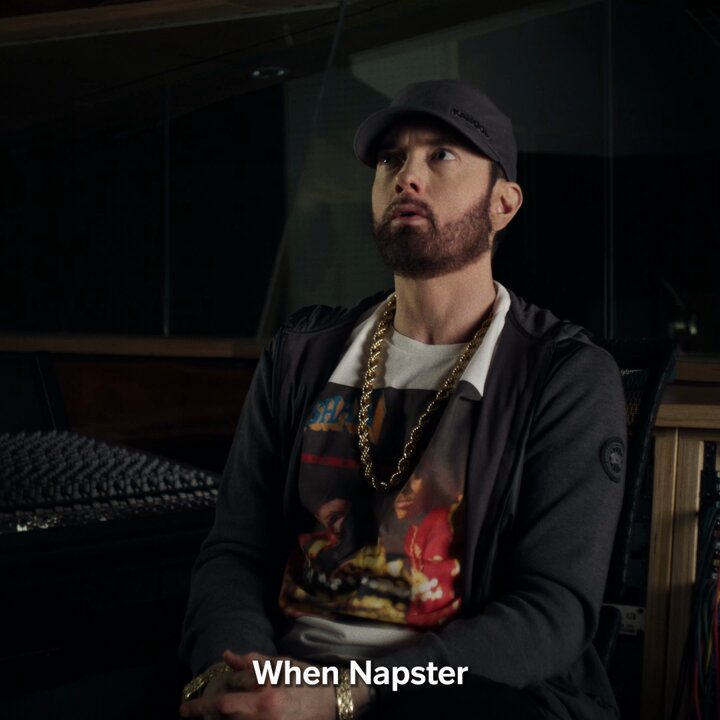
Back in the 90s, when Stephen Witt was attending the University of Chicago, he stumbled on to something many kids did at the time. “One day, I turned on the computer, went into a chat channel and discovered all this music out there ready to be downloaded,” he said. “I never once asked myself: ‘Is this a good thing or a bad thing for me to do?’ It was free music!”
Today, everyone knows just how bad a thing that turned out to be for the music industry, nearly destroying it by the early 2000s. What most people don’t know, however, is the story behind the people who created the technology that made this revolution possible, as well as the group of kids who first figured out how to use its tools so enticingly. That’s the tale told by a thought-provoking and highly entertaining new docuseries titled How Music Got Free.
“When we think of this era, we only think about Napster and Shawn Fanning, who’s celebrated as the punk-rock anti-hero of the whole movement,” said Alex Stapleton, who directed the two-part series. “But Fanning wasn’t inventing anything. The real innovative minds here were a bunch of rogue teenagers and a guy working a blue-collar factory job in the tiny town of Shelby, North Carolina.”

The journalist who tracked the latter guy down is none other than Witt, who, after graduating college, became an investigative journalist responsible for a 2015 book on which the documentary is based. Eager to both discover the roots of the story and to grapple with the consequences of it, Witt began by exploring a publicly available database that chronicled many of those who’d been busted by the FBI for music piracy. He investigated more than 100, but one of them, who hadn’t been publicized at all, turned out to be the most impactful by far. He was Dell Glover, an unassuming young man who lived in an obscure town in the US south. “When I read the complaint against him, I thought: ‘my God, this one guy did more damage than all the other pirates I talked to combined,’” Witt said.
While the documentary details the nearly ruinous impact that it had on the industry, it also celebrates Glover’s technological brilliance and vision, despite him having no formal training in computers. Glover was hardly alone in his innovations. The film profiles a half dozen or so pirates, most of whom were teenagers at the time, whose schemes presaged strategies later perfected by global corporations like Spotify and Netflix. “Those kids wound up creating the world we now live in,” Stapleton said.

In the first episode of the documentary, Eminem tells the story of how one of the biggest anticipated albums of all time, The Eminem Show, was leaked: “All that work, like days, months, hours that I spent writing it, recording it, tweaking it, all that s–t and now these songs leak and I’m like ‘ F–K!’ It was like, music should be free and then it’s like, okay, well, here is what you don’t understand if music should be free. I have engineer to pay. I have these entire army of people that work at Interscope that need their paycheck.” said Eminem.
Then he continues: “What do I do? Do I try to make songs like those that leaked? But then people go ‘we already heard that from you.’ That was my first album that suffered so it was devastating to me. Ah, I just did all that for nothing.”
In the second episode, Eminem and Paul Rosenberg talked about how they were trying to prevent his music to leak in future: “A majority of the world has heard your music. But your record sales, they don’t reflect that. Kids, they want the music but they don’t want you to tell them how to listen to it, where and when. We had to send music and I was not going to send it over the internet. So I was mailing s–t tp Paul so he could hear it. And I put it in the big box and it’d be wrapped ten different times and there’d be one CD. Or put it in tampon box, send it to Paul. Who’s going to look in the tampon box? Post traumatic leak disorder is what I had.”





